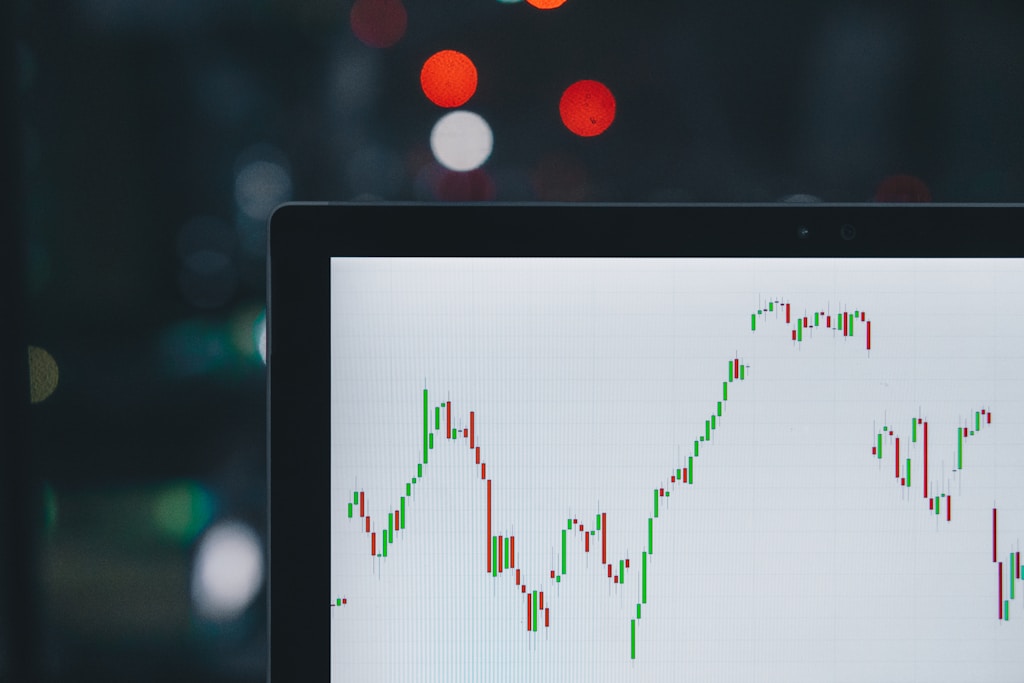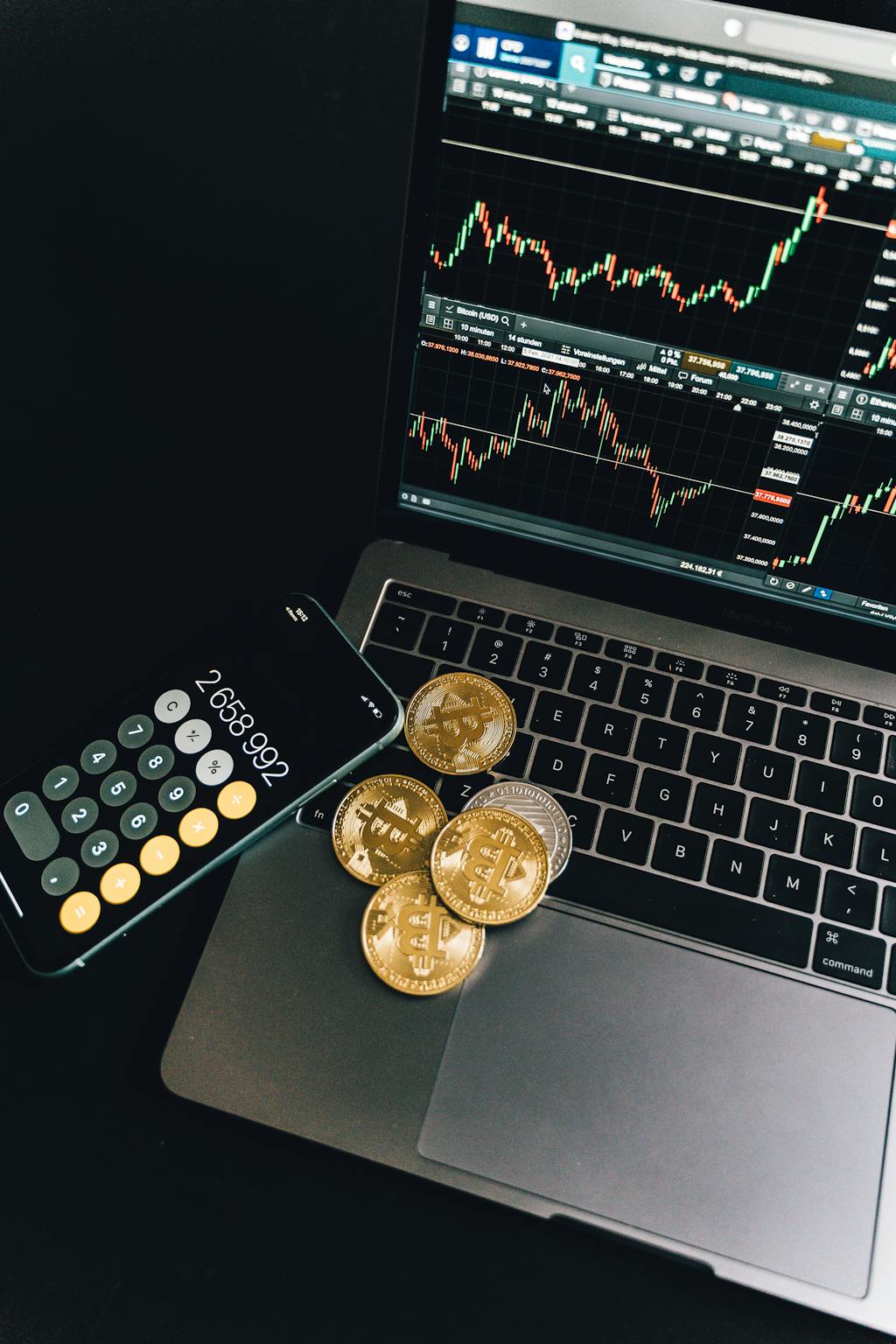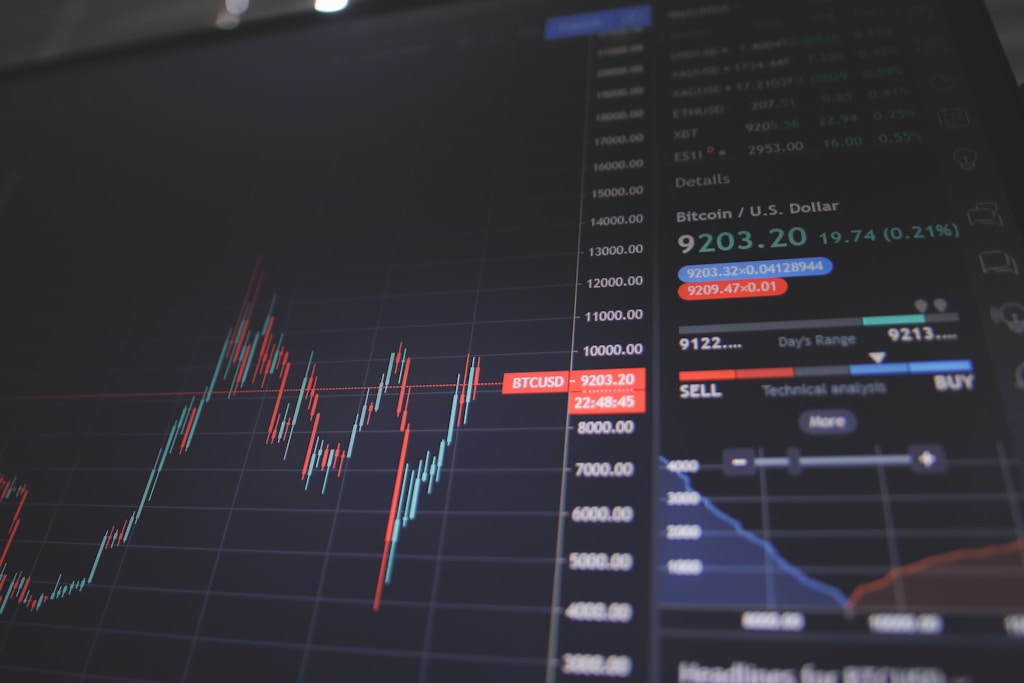In a concerning development for cryptocurrency security, Paraguay’s presidential social media account on X (formerly Twitter) was compromised by hackers who falsely announced plans for a national Bitcoin reserve. This incident highlights the ongoing challenges of cryptocurrency-related social engineering attacks targeting government institutions.
Key Details of the Paraguay Bitcoin Hack
The hackers gained unauthorized access to the official presidential account and posted misleading information about Paraguay establishing a strategic Bitcoin reserve. The fraudulent post attempted to deceive followers into sending Bitcoin to a specified address, employing a common cryptocurrency scam tactic that has targeted high-profile accounts in the past.
This incident comes at a time when legitimate organizations are establishing Bitcoin treasury programs, making it particularly deceptive for potential investors.
Impact on Regional Crypto Adoption
The hack occurs amid growing cryptocurrency interest in Latin America, where several countries are exploring digital asset integration into their financial systems. Latin American crypto adoption has been surging, making the region particularly vulnerable to such sophisticated scams.
Security Implications and Prevention Measures
This incident underscores the critical importance of robust social media security protocols for government institutions, especially concerning cryptocurrency-related announcements. Experts recommend implementing:
- Multi-factor authentication
- Regular security audits
- Staff training on crypto-specific security threats
- Verified announcement protocols
FAQ Section
Is Paraguay actually planning to adopt Bitcoin as a reserve?
No, the announcement was entirely fraudulent and resulted from a hack of the presidential social media account.
How can investors protect themselves from similar scams?
Always verify cryptocurrency-related announcements through multiple official channels and never send crypto to addresses posted on social media, even from verified accounts.
What actions are being taken to prevent future incidents?
Paraguayan authorities are investigating the breach and implementing enhanced security measures for government social media accounts.





